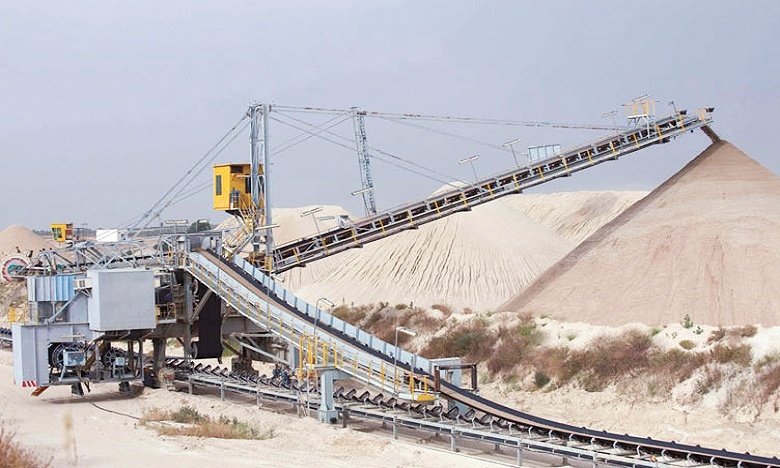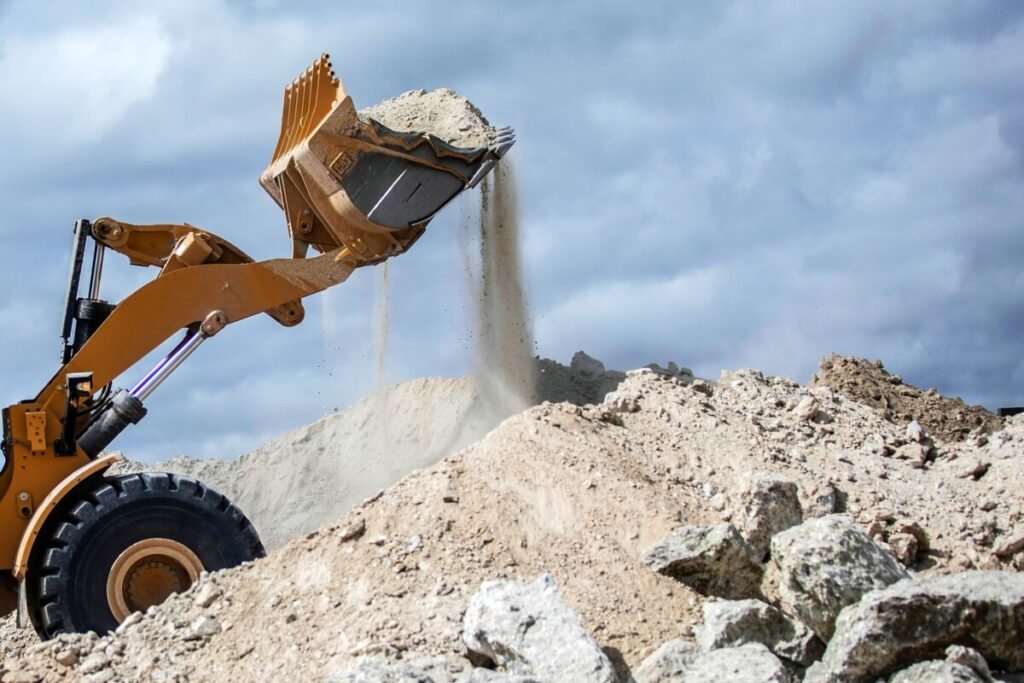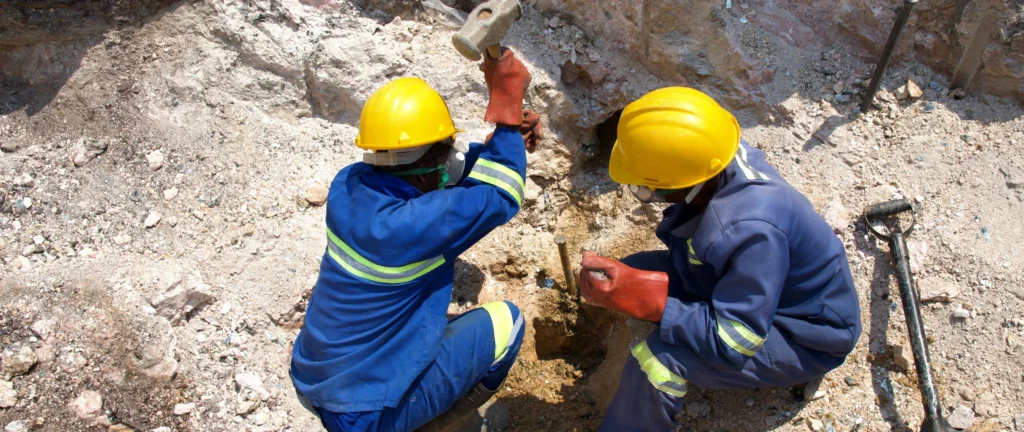Phosphate mining in Africa
Phosphate Mining in Africa: Powering Global Agriculture
Phosphate mining is a cornerstone of Africa’s mining industry, with the continent holding some of the largest phosphate reserves in the world. Phosphates are a critical component of fertilizers, essential for global food production and agricultural development. Countries like Morocco, Tunisia, South Africa, and Senegal are leading producers, supplying phosphates to meet the growing demand for sustainable farming practices worldwide. In this blog post, we will explore the significance of phosphate mining in Africa, its economic impact, environmental concerns, and future opportunities.

Morocco: The Global Phosphate Leader
Morocco holds over 70% of the world’s phosphate reserves, making it the undisputed leader in phosphate production. The state-owned OCP Group (Office Chérifien des Phosphates) is a major player in the global fertilizer industry, exporting millions of tons annually. Phosphate mining contributes significantly to Morocco’s GDP and supports thousands of jobs.

Tunisia: Bridging Tradition and Innovation
Tunisia has been a key phosphate producer since the early 20th century, with deposits concentrated in the Gafsa region. While production has faced challenges due to labor strikes and aging infrastructure, the government is investing in modernization and sustainability initiatives to revitalize the sector.

Senegal: Emerging Potential
Senegal is emerging as a new player in phosphate mining, with significant deposits in the Thies and Taiba regions. The government is partnering with international firms to develop these resources, aiming to diversify its economy and boost agricultural exports.

Environmental and Social Impacts
Environmental Concerns
Phosphate mining can lead to land degradation, water pollution, and habitat destruction. For example, open-pit mining often scars landscapes, while wastewater from processing plants can contaminate nearby water sources. Implementing stricter environmental regulations and adopting cleaner technologies are essential to mitigating these impacts.
Community Benefits and Challenges
While phosphate mining creates jobs and stimulates local economies, it can also lead to displacement and social conflicts if not managed responsibly. Ensuring fair compensation, providing community development programs, and fostering transparency are key to balancing economic benefits with social well-being.
Opportunities in African Phosphate Mining
1. Meeting Global Fertilizer Demand
As the global population grows, so does the demand for fertilizers to support food security. Africa’s phosphate reserves are well-positioned to meet this demand, particularly as other traditional sources decline.
2. Value Addition through Fertilizer Production
Currently, many African countries export raw phosphate rock, limiting revenue potential. Developing local fertilizer production facilities could increase value addition and create additional jobs, reducing reliance on foreign processing centers.
3. Sustainable Practices
Adopting eco-friendly mining techniques, such as reduced water usage and land rehabilitation, can enhance the industry’s sustainability and align it with global standards for responsible sourcing.
Frequently Asked Questions (FAQs)
Q1: Which African country produces the most phosphate?
A1: Morocco is the largest phosphate producer in Africa and the world, accounting for over 70% of global reserves.
Q2: Why is phosphate important for agriculture?
A2: Phosphate is a key ingredient in fertilizers, which are essential for improving soil fertility and increasing crop yields to meet global food demands.
Q3: What are the environmental impacts of phosphate mining?
A3: Phosphate mining can cause deforestation, water pollution, and soil degradation. Sustainable practices are needed to mitigate these effects.

